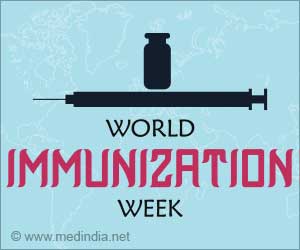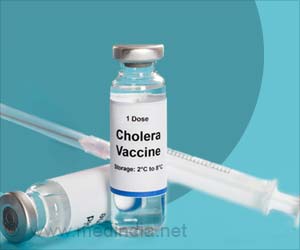
"Counterfeit medicines pose an every-increasing threat to public health, including death and inadequate healthcare as a result of self medication" says Dr Jackson. "Particularly worrying examples include counterfeit cancer and heart drugs and fake vaccines sold during the bird and swine flu scares.
"The majority of medicines people buy from unverified internet sites are counterfeit and often lack the active ingredients they claim. Others have variable concentrations of active ingredients or even contain dangerous toxins, such as arsenic, boric acid, leaded road paint, floor and shoe polish, talcum powder, chalk and brick dust and nickel.
Counterfeit medicines are a major concern to the authorities and significant European Union legislation is being developed, including stronger penalties. As outgoing European Commissioner for Enterprise and Industry Gunter Verheugen said in 2010: "Every faked drug is a potential massacre. Even when a medicine only contains an ineffective substance, this can lead to people dying because they think they are fighting their illness with a real drug."
Facts and figures highlighted in Dr Jackson's review include:
• European Union seizures and detentions are increasing and medicines accounted for 10% of all detained materials in 2009.
Advertisement
• A UK study of 96 websites selling painkillers, found that 48% sold drugs that should be only supplied on prescription and 76% of those did so without a prescription. And a US study of 159 sites offering controlled drugs found that 85% did not require a prescription.
Advertisement
• Another study estimated that 9% of Europeans had bought online prescription only drugs, even though 69% agreed that it was a 'bad idea' or 'dangerous'. Cheaper costs (46%) and convenience (30%) were the most common reasons.
• The UK medical newspaper GP reported that 33% of the 423 doctors it surveyed said that they had treated, or suspect they had treated, a patient for the side-effects of substandard prescription only drugs purchased online.
• A study carried out by the European Alliance for Access to Safe Medicines found that 62% of medicines ordered on the internet were substandard or counterfeit. Of these, 68% were unlicensed imitations and the rest were counterfeit branded medicines. The study also found that 90% of sites did not require a prescription for prescription only drugs.
• Five 'Tamiflu' vaccines tested by the American Food and Drugs Administration contained no active ingredient at all and a further four contained varying levels unapproved for use in the USA.
• An analysis of 2,383 seized 'Viagra' samples carried out by Pfizer found that only 14% were authentic.
• Internet security experts estimate that 25% of all email is spam advertising counterfeit and/or unlicensed drugs.
"Counterfeiters produce medicines with no regard for the health consequences of those using them, with cancer and heart drugs being increasingly targeted, along with opportunist drugs like flu vaccines" says Dr Jackson.
"We even found reports that a 13-year-old had bought the psychostimulant drug Ritalin online, that underweight, underage patients were able to buy diet drugs and that men were able to buy impotence drugs despite clear indications that taking them could have serious health consequences.
"There have also been reports of deaths from Internet drugs and some investigators suspect that many more have been overlooked or wrongly attributed to other causes.
"It is vital that healthcare professionals play a proactive role in fighting the rise in counterfeit medicines by reporting all suspected cases to the relevant health authorities. And patients should be advised to avoid unregulated internet pharmacies and to be suspicious of sites offering prescription only medication without a prescription or at substantial discounts."
Source-Eurekalert









